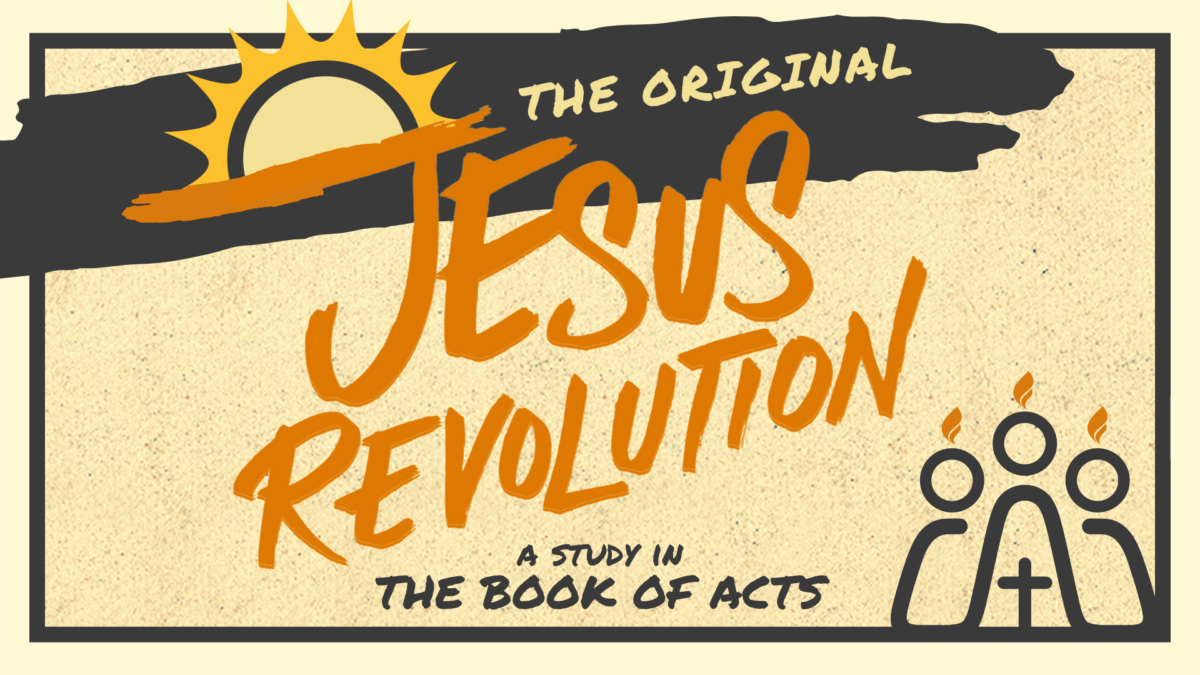June 4, 2023
Message Big Idea
In this week’s reading, we observe the challenges that accompanied meteoric growth within the Jerusalem church. As a healthy organization, the early church experienced growth in number, need and diversity. Yet, this also manifested new problems to be addressed. In response, the apostles listened and took advantage of this divine opportunity by expanding leadership, sharing culture, and refocusing on priorities. This ultimately led to the advancement of the Church’s mission in new and surprising ways!
Lean In
- Tell of a time when you were in the minority within a group. How did you feel? Were you limited in what you could do or receive? Were you empowered to speak up and act?
Look Down
- Read Acts 6:1-7
- Discuss/highlight the parts of this passage which intrigued you most? What stood out? Why?
- Share/reflect on key highlights or takeaways from the previous Sunday’s message (Key Points on next page). What jumped out at you as impactful and/or made you want to know more?
Look Out
- How do majority/minority dynamics normally play out in our broader cultural context? Which party normally gets what it wants? Is that seen as fair?
- What about within the local church? Does the largest group hold the most sway? Is the loudest group most heard? Is the local church supposed to be purely democratic?
Look In
- For a more canonical perspective, read Exodus 18 concerning Jethro’s visit to Moses. Do you notice any similarities between this OT event and the leadership and administrative decision of the apostles? What do they have in common? What is different?
- Now, consider that the divide between 1st century Hebraic and Hellenistic Jews was significant. The former saw the latter as culturally compromised, not attending to Israel’s call to be set apart from other nations. So, this episode represents a major act of reconciliation between divided people. What are some relationships which need reconciliation within your life? Is the division based on ethnicity, race, culture, politics, etc.?
- Consider that the apostles not only listened to the complaints being made but also empowered leaders within the minority group! How does this change your understanding of decision-making and problem-solving in the local church? In what ways can we go beyond a purely democratic mindset (majority/minority) and seek true unity, reconciliation, and mutuality within our relationships and our church? Does this change your understanding of leadership, power, and responsibility within the Church? How so?
Live It Out
- What one truth from this passage would you like to take to heart and act upon? How will this affect you?
- Who will you share this with this week?
Weekly Preparation
Throughout the summer, this section will consist of four areas which will help prepare for the upcoming Sunday’s sermon: a scriptural read ahead, a commentary on the passage, a reflective exercise, and a weekly practice.
- Scriptural Read Ahead: Acts 7
- Acts 7 Commentary: Matthew Henry’s Commentary (https://www.blueletterbible.org/Comm/mhc/Act/Act_007.cfm)
(Note, commentaries are not without error. Prudent commentary use will lead one to have confidence where consensus exists across commentators while holding loosely where disagreement arises.)
- Reflective Exercise: Prayerfully reflect on your level of responsibility within the church. If you hold position or power, are there voices you should be more attentive to? If not, should you seek opportunities for more involvement and service?
Weekly Practice: Identify one relationship (inside or outside church) in which you can tangibly act toward reconciliation this week. Brainstorm ideas on how to go about doing that. Ask for prayer concerning that relationship.
Sunday’s Sermons Key Points:
Problem as God’s Opportunities in Disguise
- Healthy organisms grow and change
- New growth brings new problems
- New problems need to be addressed
- Addressing problems opens up new opportunities
- Solving problems advances the mission in new ways

